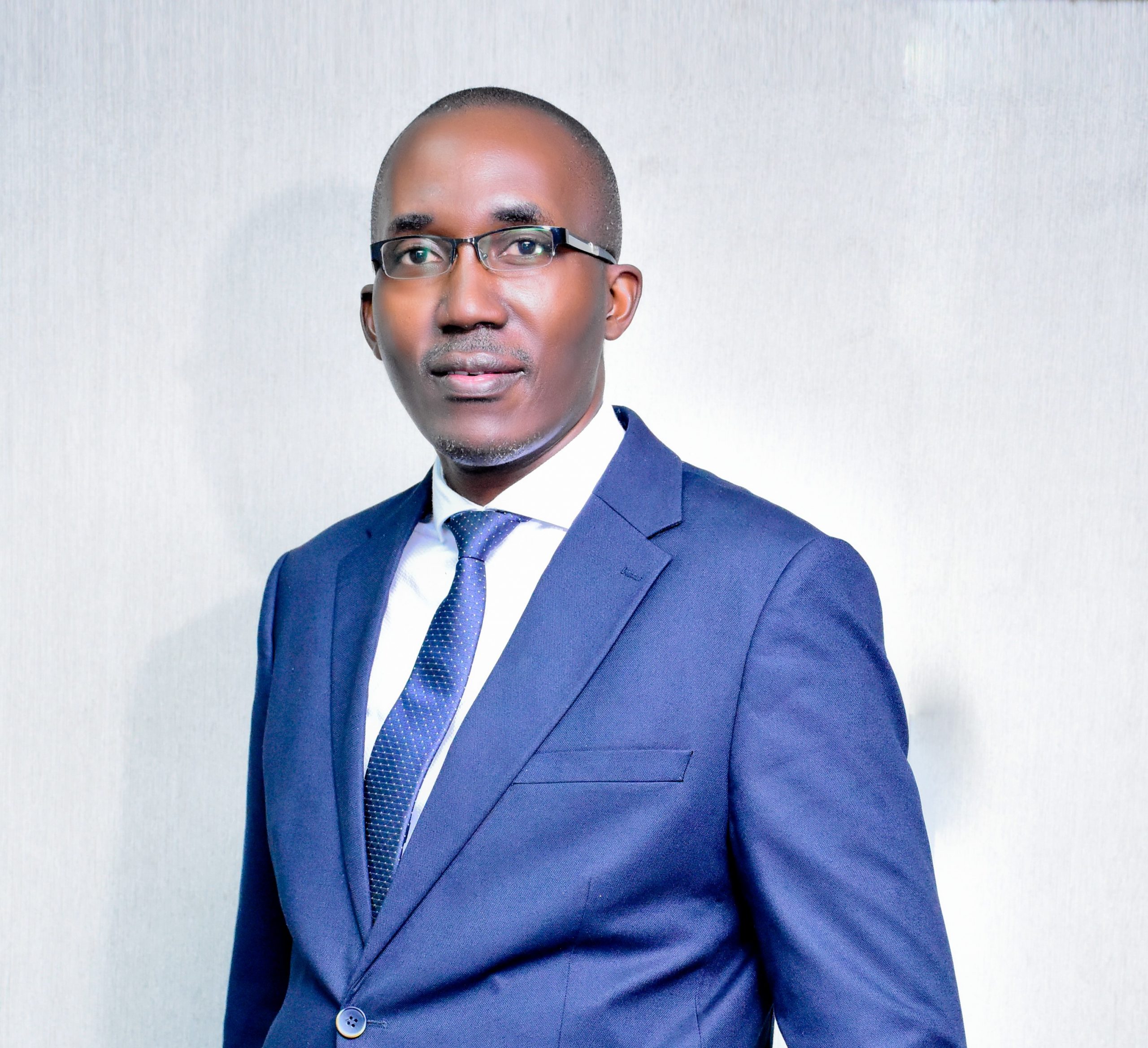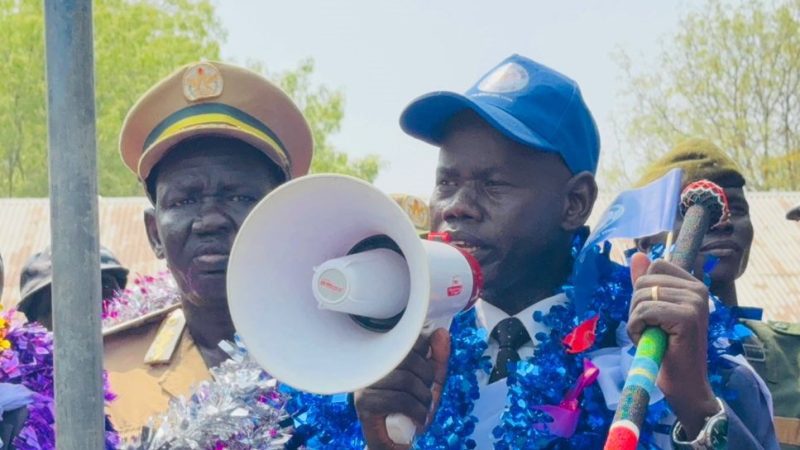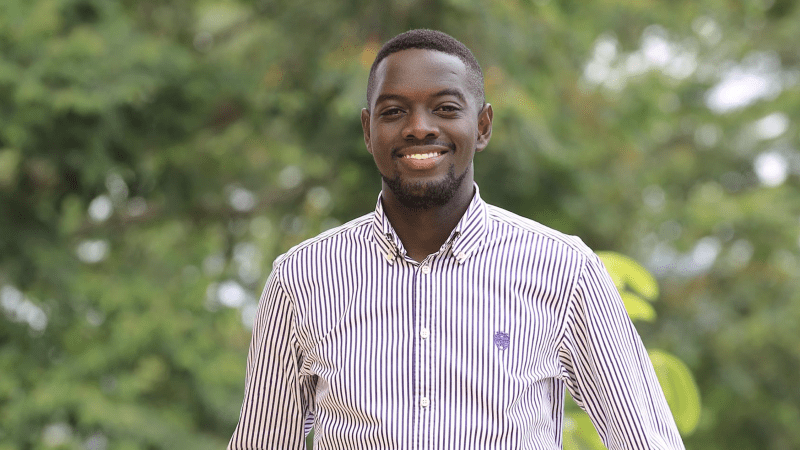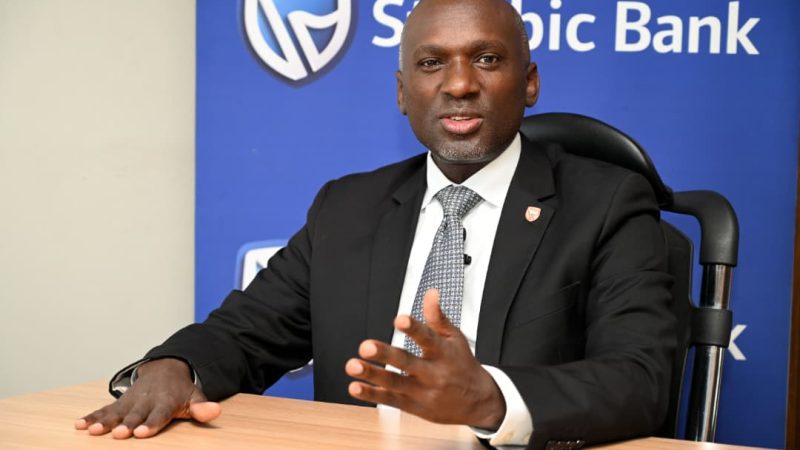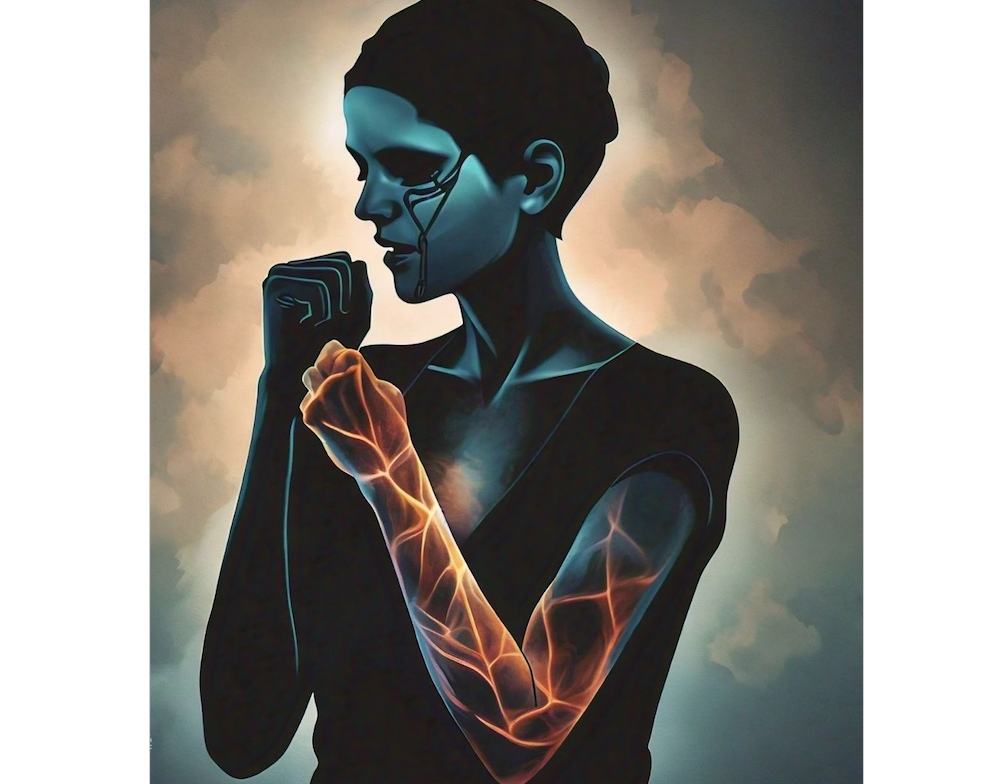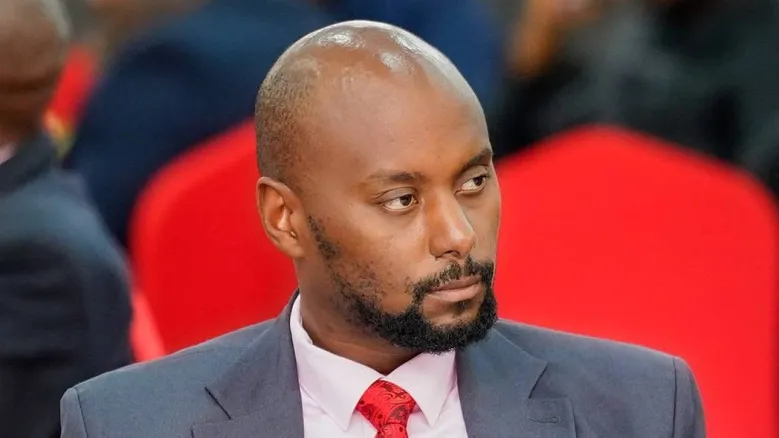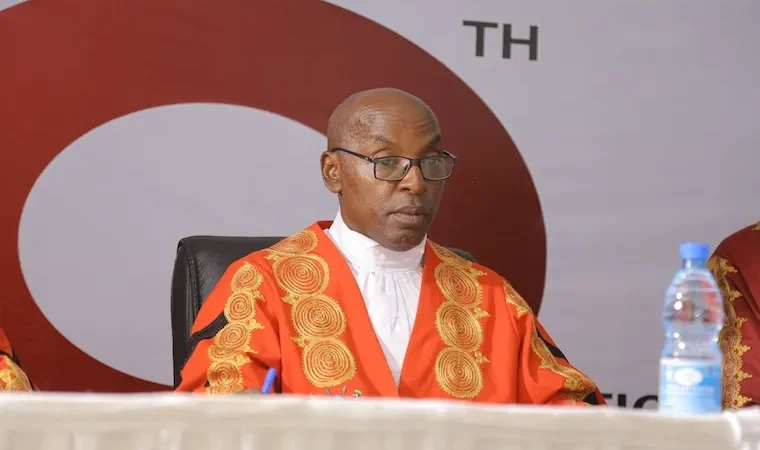Beyond the familiar foes of Ugandans such as malaria, HIV, and AIDS, a common but invisible enemy, cancer, has been on the prowl, silently stalking and slowly but steadily killing many.
Cancer comes in different types as many as the drugs one must take to survive it or die trying to survive. There’s lung cancer, prostate cancer, and breast cancer, among others. For Ugandan women- the common enemy is breast cancer. In 2020, the World Health Organization (WHO) declared breast cancer as the world’s most prevalent cancer with 685, 000 fatalities worldwide.
By the end of 2020, a staggering 7.8 million women worldwide had been diagnosed with breast cancer, making it the most common cancer globally. It’s therefore not surprising that Uganda, which has a significant disease burden is a victim of the global scourge. In Uganda, the disease affects 21 people per 100,000, resulting in 10 deaths per 100,000 – a heartbreaking reality that calls for urgent attention.
Fatima’s (Second name withheld upon request) quest for a brighter future led her from Uganda to the Middle East in search of work. But instead of finding greener pastures, she found herself in a brutal fight against cancer. Her story is a testament to the resilience and courage of thousands of Ugandan women who have faced this cruel battle.
“When I was processing my papers to travel to Dubai, illness was never in the books,” Fatuma recalls. “I went through a series of scans, and they were all negative. But in February 2022, my dreams crumbled when I discovered I had breast cancer. It all started with pain in my breasts.”
With language barriers and uncertainties, her diagnosis was initially shrouded in confusion. Her employers, however, were supportive and encouraged her to return to Uganda, assuring her that it was an early-stage cancer, easily treatable with the right care.
“I was in denial,” she admitted, “I told them then there was no way I could have cancer; I was still young. It’s something that only happens to older people.”
Back in Uganda, she sought a second opinion and even underwent surgery to remove a small tumor, but her persistence led her to Kampala Hospital for a more in-depth examination. This was when she got the heart-wrenching confirmation; breast cancer. Her life seemed to spiral into chaos.
Supported by her family, Fatuma embarked on a courageous journey at Mulago Hospital, where chemotherapy took a heavy toll on her body. “I lost hair, I became darker; I looked like I was about to die. It was a very painful treatment for me,” she recalls. But she pushed through, and after six grueling months, she got a fatal fever that nearly killed her.
Transferred to Nsambya Hospital, Fatuma underwent successful surgery, and radiation therapy followed. “My life is much better now, and I am just taking oral tablets. No one can believe I am battling cancer” she says. “Don’t lose hope; I once contemplated suicide. Your family can be your greatest strength. Get regular check-ups; early detection is key.”
Hellen, another survivor, whose battle against cancer spanned over six years with intermittent clearances, emphasizes the importance of self-checks and a healthy lifestyle. “Avoid smoking, bad eating habits, and get regular exercise,” she advises. “Exercise keeps your blood flowing and prevents cancer cells from clotting.”
Dr. Lois Asiimwe, a surgeon specializing in cancer treatment, while speaking about the critical role of prevention said. “Infections can increase your cancer risk,” she further warns. “Take care of yourself, eat well, avoid toxins, and, most importantly, consult a specialist to assess your risk.”
Cancer, in its early stages, often remains silent, and the symptoms may only appear as it progresses. The key is early detection and proactive care. Cancer is curable, but it demands vigilance and action.
The fight against cancer has not been a solitary one. Over the years, many have joined the battle. One remarkable initiative is the Rotary Cancer Run in Uganda, an annual event dedicated to raising funds for cancer treatment centers. Centenary Bank, as a platinum partner, has played a pivotal role, investing over Shs.2 billion, in cash and kind to bridge the gap in cancer care.
For the last 12 years, Centenary Bank has been committed to this cause, supporting activities like cervical cancer screening, the construction of a 36-bed facility at Nsambya Hospital, and the construction of 2 bunkers that will house the 2 LINAC cancer testing and treatment machines. They have treated over 10,000 patients annually, bringing hope and healing to those in need.
In the story of Fatuma and many other survivors, we find inspiration, courage, and a rallying cry to action. It’s a reminder that together, we can overcome the shadows of cancer, and with every step we take, and every contribution we make, we are one step closer to a future where breast cancer no longer casts its shadow over the lives of Ugandan women.
Every Ugandan, young or old, has another chance to join the fight against cancer through the annual Cancer Run and supporting activities. Ugandans are encouraged to take part in the upcoming 2024 Rotary Cancer Run which will take place on 25th August in Kampala City at the UMA Lugogo Parking Grounds, across Uganda and other major cities in the world.


